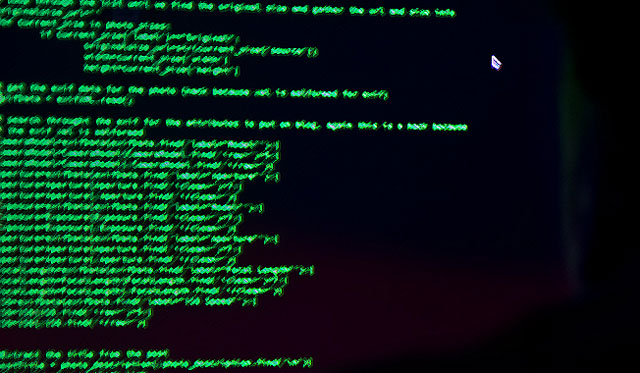
Managing two separate programming languages at school level creates “complexity” that could “impact on curriculum delivery”, cost government unnecessary money and make it difficult for students and teachers to move between schools and provinces.
Those are the views of the department of basic education, which are spelt out in a 40-page document in which it explains its controversial decision to limit two school subjects, namely computer applications technology and IT, to Microsoft Office and the Delphi programming language respectively.
Critics have argued that schools ought to be teaching Java rather rather than Delphi because the former allows pupils to create mobile applications and is a more practical language, while the latter is said to be outdated and no longer used much by professional programmers.
According to the department, Java is “not the best language to implement” due to its “intrinsic complexities”. Delphi, it argues, is better suited to education.
“Even though Delphi is much less suited to complex, large-scale, highly integrated enterprise solutions, it is much better suited to classroom code-based representation of generic abstract programming concepts,” the basic education department says.
It cites academic literature to support its view, and argues that teaching more than one programming language could complicate marking and assessment, negatively affect pupils or teachers who move between provinces or schools where different languages are taught, adversely impact teacher training programmes, and create “technical issues”.
The objective of a subject at school level, the department contends, is to provide a “broad foundation” that stimulates pupils’ interest in particular fields and to develop critical thinking.
“The aim of IT at school includes motivating learners to be enthusiastic about IT and to realise the importance of the subject in terms of critical thinking, to learn to think clearly and logically, to pay attention to detail and accuracy … as well as to realise the value of IT in terms of future careers. The aim is not to produce professional programmers without further education.”
Delphi is “ideal” for learning to programme because it is “strict, yet forgiving” — it isn’t case sensitive and its compiler tells users where the errors are. Also, it is a “mature” and “stable” language and works on Windows, Mac, iOS and Android.
The department plans to implement the new curriculum for grade 11 in 2014 and grade 12 in 2016.
Another benefit of teaching Delphi is that the department already has teaching materials and won’t need to develop them from scratch.
The department acknowledges that it may encounter resistance from some provinces, particularly those teaching Java — Western Cape, Northern Cape, KwaZulu-Natal and parts of Mpumalanga.
“Java provinces may see the introduction of Delphi as the common programming language across provinces as a ‘win-lose’ situation where they are the ‘losers’,” and the “egos of individuals who were part of the initial decision to use Java” may hold attitudes of “anything but Delphi”.
The department also warns that implementing a new language incurs teacher training costs and software licence fees. — (c) 2013 NewsCentral Media
Read the department of basic education’s document:
[gview file=”https://techcentral.co.za/wp-content/uploads/2013/10/IT-Tools-Standardisation-Implementation-Plan-1.pdf”]




